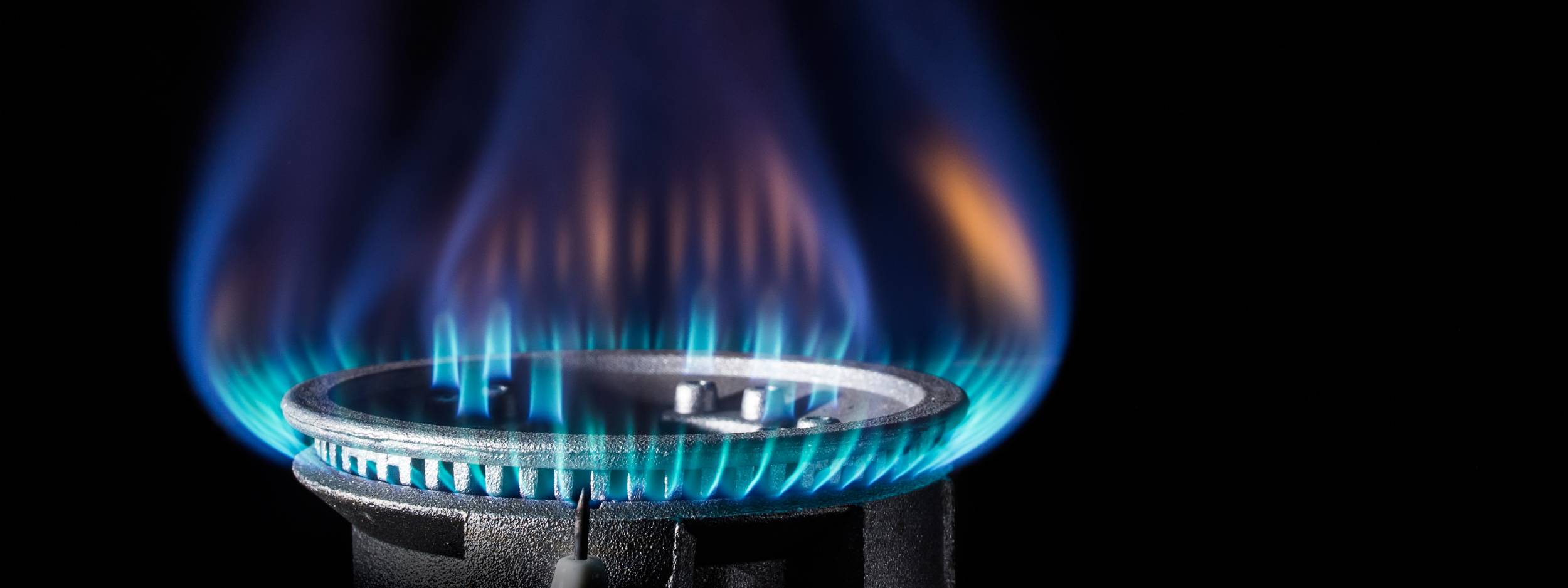
By Morgan Pitts 5/29/2019
As the energy resources that power our society evolve, none has played a more pivotal role in recent years than natural gas. The advent of hydraulic fracturing (aka fracking) as part of the well drilling process has delivered significant volumes of low-cost natural gas. This has, in turn, driven down the cost of natural gas-generated electricity leading to the closure of many coal-fired power plants and reducing carbon emissions from the electricity sector. However, this progress on carbon emissions has come with a cost: fracking and drilling for natural gas are linked to a variety of negative environmental impacts, ranging from the possibility of contaminated groundwater to earthquakes.
But fracking and drilling aren’t the only ways to recover natural gas. At The Energy Co-op, we were the first to offer Renewable Natural Gas (RNG) in southeastern Pennsylvania, but many people understandably want to know more. So, we’ll try to answer a few common questions here:
What is RNG?
All natural gas is mostly methane. Fossil natural gas is methane that is recovered from fossil fuel wells – whether fracked or not. Renewable Natural Gas is also methane, but it doesn’t come from fossil deposits deep underground. Instead, it is recovered from the decomposition of biological material at landfills, wastewater treatment plants, agricultural facilities, and other sites where waste is handled.
Waste facilities are significant sources of methane emissions – a greenhouse gas 84 times more potent than carbon dioxide over a 20 year period. Many landfills and other waste handling facilities capture and “flare” methane in order to reduce it to carbon dioxide. (If you ever see a tall stack with a flame coming out of it when driving past a landfill or wastewater treatment plant, this is probably what you’re seeing.) In other cases, methane is allowed to seep into the atmosphere, exacerbating climate change. But, instead of flaring it (or worse, allowing it to escape into the atmosphere), this resource can be captured and used. When that occurs, that captured resource is known as RNG.
How is RNG used once it is captured?
RNG is used in place of conventional natural gas in a variety of applications. Once captured, gas from waste facilities it is either transported to adjacent industrial facilities to generate steam or process heat, or it may be refined to remove impurities and injected into existing natural gas pipelines. There, it joins the supply of conventional gas being distributed throughout the region. In either case, the capture and use of RNG reduces demand for conventional natural gas and the associated environmental impacts.
If I switch to RNG from The Energy Co-op, what does that mean?
When you switch to RNG from The Energy Co-op, gas will still be delivered to you by the same utility and your service will not be interrupted. You will see us listed as your gas supplier on the bill you receive from your gas utility. And, once The Energy Co-op becomes your gas supplier, we will begin to purchase Renewable Natural Gas credits on your behalf in addition to your gas supply. These credits are similar to Renewable Energy Certificates, which guarantee that the electricity you are using comes from wind and solar-powered generators when you choose to power your home with clean electricity through The Energy Co-op. In this case, the purchase of RNG credits guarantees that the gas you are using is coming from RNG projects and creates an incentive for waste facility operators to capture and use gas that would otherwise be wasted or flared.
How does switching to RNG reduce my environmental footprint?
As mentioned above, switching to RNG from conventional natural gas reduces the demand for environmentally intensive extraction practices such as fracking and drilling. But, did you know that it also reduces your carbon footprint? RNG is a carbon neutral energy source. When methane is captured from waste facilities and put to use instead of wasted by flaring on site, emissions that are a natural part of the decomposition process are put to work. Now, instead of extracting additional natural gas from the ground and putting that carbon into the atmosphere, you are harnessing a resource that is otherwise going to waste and polluting our atmosphere.
Can I sign up for RNG?
If you receive natural gas from PECO or PGW, then you are eligible to sign up for RNG from The Energy Co-op today! Please email us at info@theenergy.coop or call at (215) 413-2122 if you have any questions.
This post was updated on 8/27/2020.